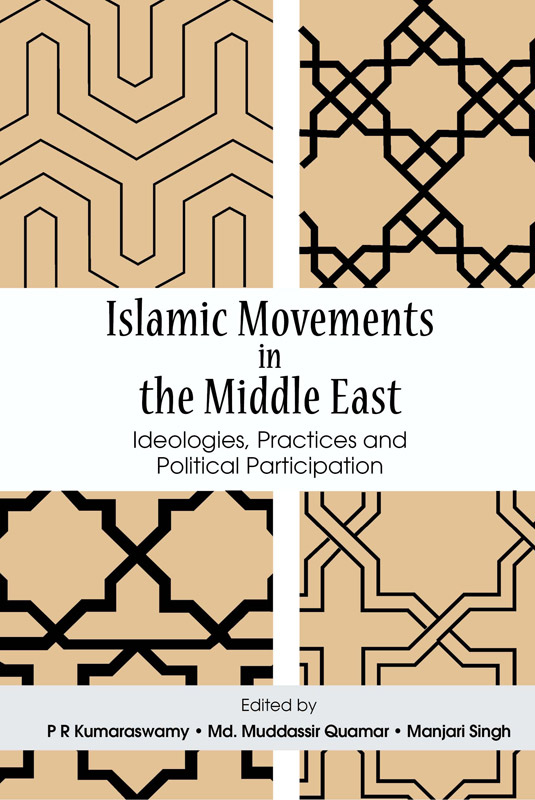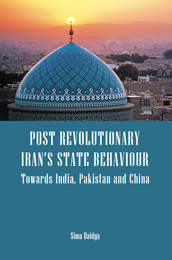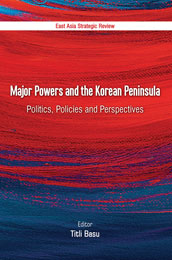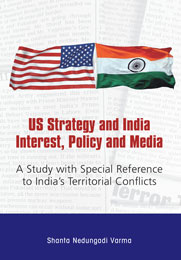Subjects
Recent View(s)
- On the Wings of Destiny
- Panther Red One: Memoirs of a Fighter Pilot
- Essays on India’s Political Economy
- Threat of Camo Xenon Prince
- Images Of Post-Soviet Kazakhstan: A Cosmopolitan Space with Borderland Anxieties
- Islamic Movements in the Middle East: Ideologies, Practices and Political Participation
- Pakistan and the Muslim World
- Military Strategy, Joint Operations, and Airpower
- DHARMA DIPLOMACY Buddhism in India and China
- Bangladesh Liberation @50 Years ‘Bijoy’ with Synergy India-Pakistan War 1971
- India, China and the Strategic Himalayas
- INDIA-PHILIPPINES RELATIONS <br> Intersecting Interests, Shared Vision and Way Forward<br> To celebrate 75 years of diplomatic relations<br>
- Grey Zone Governance in Geopolitics: The Case of Artificial Intelligence
- The Diplomatic Dimensions of Military History
- From Friendship to Dependency: Analysing Sri Lanka’s Foreign Policymaking Towards China
Islamic Movements in the Middle East: Ideologies, Practices and Political Participation
P R Kumaraswamy • Md. Muddassir Quamar • Manjari Singh
Islam is integral to the societies in the Middle East. It is part of people’s faith, cultural expressions, and social constructions, and a source of law and political legitimacy. In modern times, Islam re-emerged as a significant tool for political mobilisation and in the wake of the Arab Spring these movements have become more popular and have expanded their political space in the whole region. Islamic Movements in the Middle East traces their origin, evolution, ideologies, practices, and analyses their political participation. It is an effort to provide an Indian understanding of Islamic movements in the Middle East.


 Political Science
Political Science



